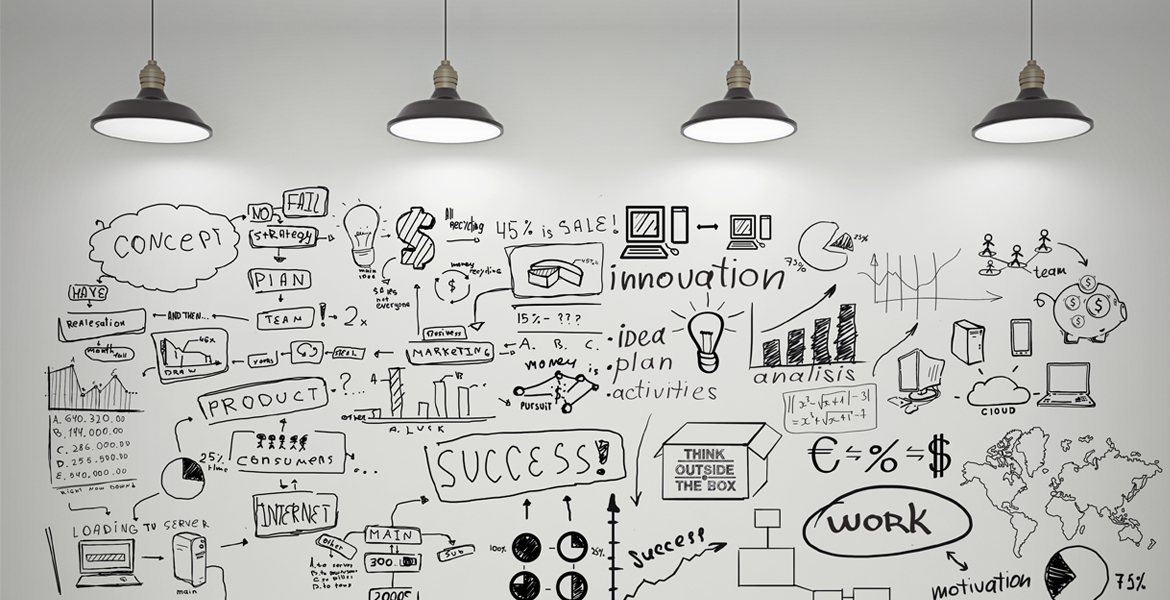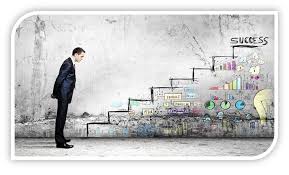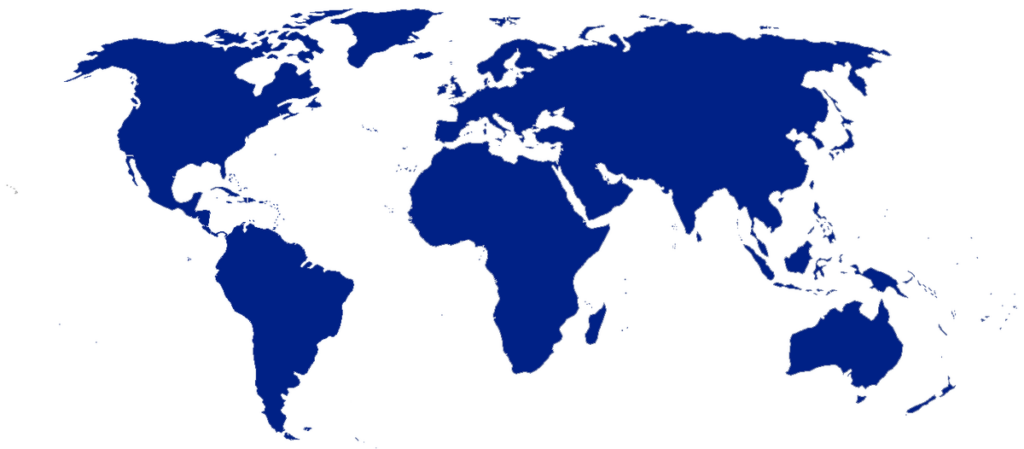 The traditional organization of companies is undergoing profound changes in order to respond both to global challenges (climate change, economic crisis) and to more specific problems (the search for employees’ sense and the arrival of generation Y in management positions).
The traditional organization of companies is undergoing profound changes in order to respond both to global challenges (climate change, economic crisis) and to more specific problems (the search for employees’ sense and the arrival of generation Y in management positions).
There are great challenges common to all those who inhabit our planet: the environmental crisis, of course, but also the stakes linked to wars and migrations, the economic crisis with multiple repercussions, the new geopolitical data, and so on. And then there are challenges that are specific to certain actors and which, for these actors, are not less great than the others. In the corporate world, they can be summarized in a formula: the challenge of new entrepreneurial models. Faced with the digital revolution, environmental regulations, consumer demands in terms of social responsibility, the arrival of new generations in the labor market – among others! – the organization of companies is transformed, reinvented, and even completely transformed.
Where the classical company operated in a fairly hierarchical and vertical manner, management methods became increasingly horizontal and transversal.
Decentralized management
This transformation is taking place in three main areas. First, the evolution of management methods. Where the classical company operated in a fairly hierarchical and vertical manner, management methods became increasingly horizontal and transversal. This change is driven by the Internet and communication technologies, which allow faster information flow, facilitate collaboration and make telecommuting possible. It is also fueled by a generational change. A recent survey by online recruiter CareerBuild in the US indicates that in 2014, 38% of employees said they had a younger leader; They were 31% in 2010.
However, the arrival of Generation Y in management positions is a paradox: according to a study conducted by the Manpower Group between February and April 2016 with 19,000 young people in 25 countries, only 30% of the workforce of this generation make leadership and management a career priority. One of their main goals is to have a meaningful trade. A priority that informs the managerial changes at work today: finding meaning in one’s work means contributing to the common good, but also working more collaboratively, highlighting the skills of each person rather than his job title, achieving a better work-life balance.
The start-up spirit infuses everywhere

This is where this trend joins the second area of transformation: new forms of business and work. Work is no longer seen as a means of accessing social recognition, but rather as a place where one can develop personally. According to the Manpower Group study, more than two-thirds of the young workforce want to develop their individual skills. The goal therefore, according to the personalities and profiles, is to become the head of his own company by creating his start-up, revealing the intrapreneur within or inventing new ways of collaborating with his colleagues and external partners. Traditional businesses are infused with the agility of the “start-up spirit” and learn to gradually abandon their heaviness and slowness. Even in France, where presenteeism is still a strong value, telecommuting is making progress: in 2016, the Kronos HR consulting firm estimated that 16.7% of French people telecommute more than one day per week. For 71% of respondents, telework is a “real revolution”, and 96% think it improves employee well-being.
We are seeing a demand for a particular profile developing under the Energy Transition Act, especially on circular economy projects,” she says. “We are looking for sorts of project architects, who have an excellent legislative knowledge, a good technical understanding and who can manage the different stakeholders, from local elected representatives to companies and NGOs.
Caroline Renoux, Birdeo
Quest for meaning and societal responsibility
Finally, the third major upheaval faced by companies is the increasing mobilization of employees on Corporate Social Responsibility (CSR). As a result of increasingly demanding consumers on the production methods of the products and services they buy, and in line with a quest for meaning in the workplace which, as we have seen, is a heavy trend among the younger generations, employees are increasingly involved in social and environmental responsibility programs.
With several structural consequences. First, the environment directorates, often created by companies to meet the requirements of the Kyoto agreement or the Grenelle environment, are gradually “absorbed” by the company. More dedicated department, but a cross-sectional approach of addressing the environmental impact of all trades. Then, new skills develop: as Caroline Renoux, founder of the specialized recruitment firm Birdeo in Novethic, explains, dual skills are increasingly sought after. For example, the extra-financial reporting requirement for certain companies leads them to seek profiles that control both financial and non-financial culture as well as ESG (environmental, social and governance) indicators.“We are seeing a demand for a particular profile developing under the Energy Transition Act, especially on circular economy projects,” she says. “We are looking for sorts of project architects, who have an excellent legislative knowledge, a good technical understanding and who can manage the different stakeholders, from local elected representatives to companies and NGOs.”
More flexible, horizontal and responsible, the company adapts even within its organization, the challenges specific to our time. For all those who work there, it is as much a challenge – developing new skills, learning to be more flexible – as it is an opportunity to achieve personal goals, one of which is giving meaning to one’s profession.
More than a 100 experts from around the world will take part in the WFRE from 17 to 19 October to discuss the technological, societal and economic upheavals of our time and present their reflections and good practices.
SAVE THE DATE 17 – 19 October 2017 in Lille



